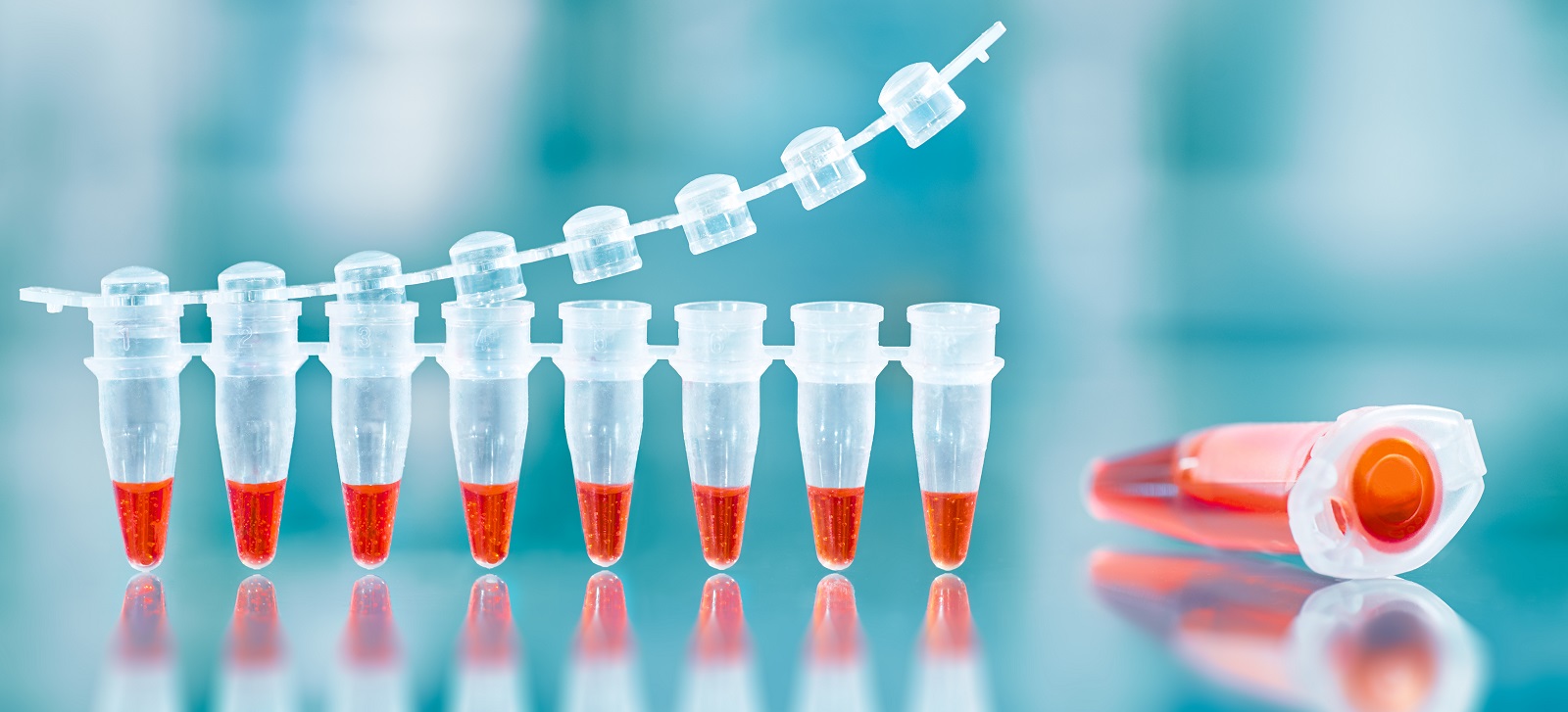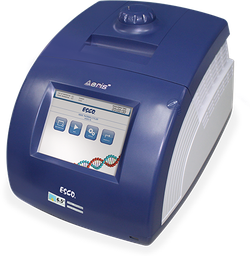The polymerase chain reaction (PCR) is a a fundamental technique in molecular biology to make many copies of a specific DNA segment. Using PCR, a single copy (or more) of a DNA sequence is exponentially amplified to generate thousands to millions of more copies of that DNA segment. The thermal cycler (also known as a thermocycler, PCR machine or DNA amplifier) is a laboratory apparatus used to amplify segments of DNA via the polymerase chain reaction (PCR).
This same principle of amplification of PCR is employed in real-time PCR. But instead of looking at bands on a gel at the end of the reaction, the process is monitored in ‘real-time’. The reaction is placed into a real-time PCR machine that watches the reaction occur with a camera or detector. Real-time PCR thermal cyclers/thermocyclers carry out quantitative PCR (qPCR) for experiments in gene expression, genetic variation, genotyping, and specific detection of rare targets, bacteria, and viruses.
Analis proposes robust thermal cyclers and provides several fully automated ‘amplification’ solutions for PCR, qPCR, microarrays or (next generation) sequencing (NGS).
Just looking for a thermal cycler?
We have different models from our supplier Esco (see our product section) and offer a RT-PCR instrument in the ‘nucleic acid analysis’ section of our website.
Considering automating your pipetting-intensive PCR setup workflows?
The Beckman Coulter liquid handlers will help you to move your research faster and with more consistent PCR results. Depending on the throughput and whether you want to reduce your reaction volumes, we propose our Echo acoustic liquid handlers or offer our Biomek tip-based liquid handlers if you just can’t downscale your reaction volumes.
Our team of experts can advise you the best fitting solution for your PCR process.
Our products

Polymerase chain reaction refers to a test tube system for DNA replication that allows a "target" DNA sequence to be selectively amplified. Typically, PCR consists of a series of 20–40 repeated temperature changes, called cycles, with each cycle, commonly consisting of 2–3 discrete temperature steps.
The Aeris™ Thermal Cycler is proven reliable with its improved software functions. This thermal cycler has a user-friendly interface that allows easier control of the PCR protocol to achieve optimized PCR results. It also offers 5 interchangeable blocks designed to meet critical requirements for different applications. And suits a variety of consumable PCR tubes, strips, plates, and slides.

Flexible dual-block D-48 X 0.2 mL is used with Aeris™ Thermal Cycler and is interchangeable with 4 other blocs.
Two in one! Two independent experiments may be carried out at the same time.
Applicable consumables: 0.2 mL tubes, 6 x 8 strips

Flexible G-96 WELL Block is used with Aeris™ Thermal Cycler and is interchangeable with four other blocs.
Applicable consumables: 0.2 mL tube, 96-well microplate, 12 x 8 strips, 8 x 12 strips.









